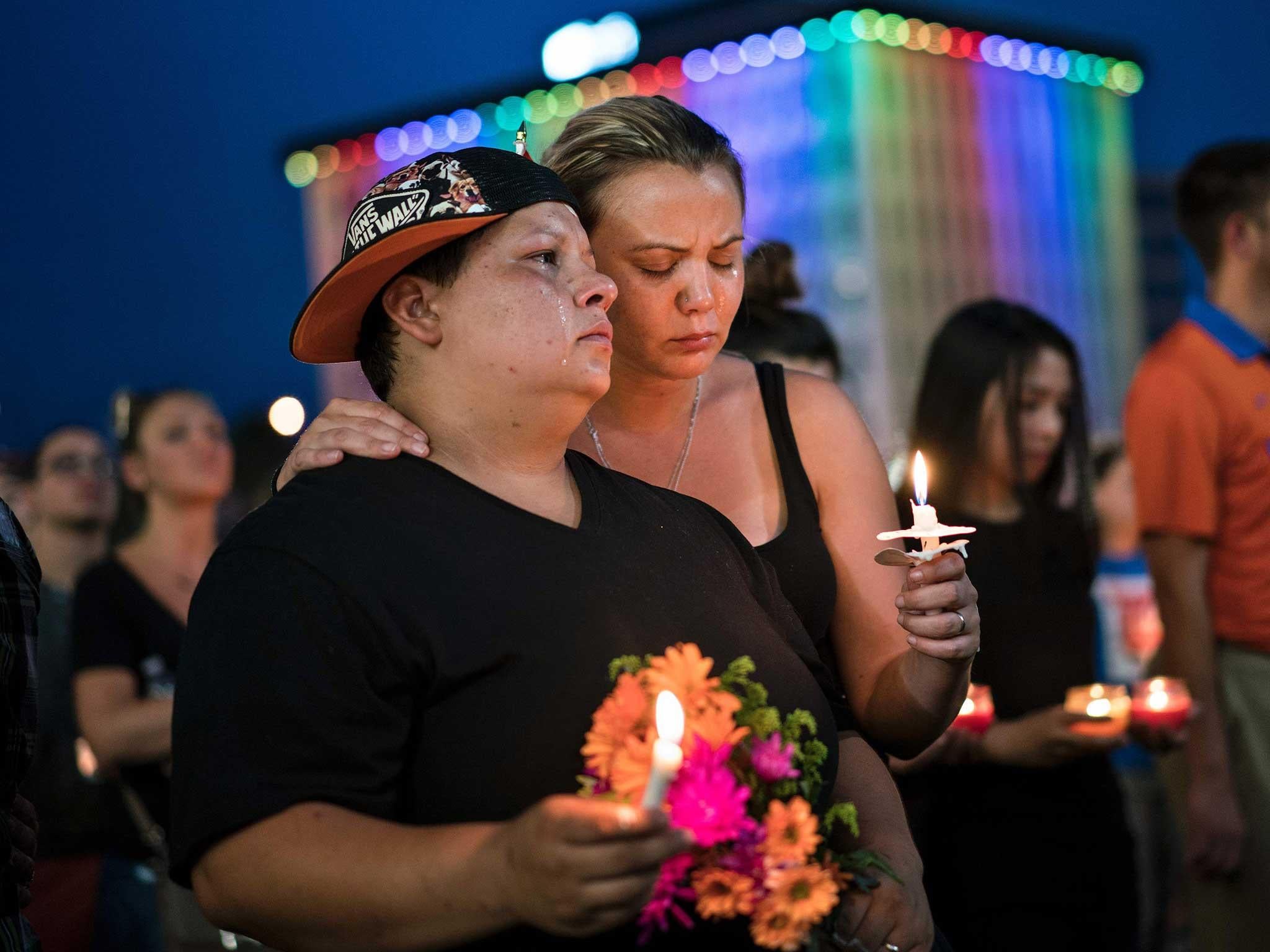Radical Islamists convinced Omar Mateen that being gay is never compatible with being a Muslim – but that’s not necessarily true
The Ottoman caliphate was among the first states to decriminalise gay sex in 1858 – and the Quran doesn’t actually mention homosexuality at all

Your support helps us to tell the story
From reproductive rights to climate change to Big Tech, The Independent is on the ground when the story is developing. Whether it's investigating the financials of Elon Musk's pro-Trump PAC or producing our latest documentary, 'The A Word', which shines a light on the American women fighting for reproductive rights, we know how important it is to parse out the facts from the messaging.
At such a critical moment in US history, we need reporters on the ground. Your donation allows us to keep sending journalists to speak to both sides of the story.
The Independent is trusted by Americans across the entire political spectrum. And unlike many other quality news outlets, we choose not to lock Americans out of our reporting and analysis with paywalls. We believe quality journalism should be available to everyone, paid for by those who can afford it.
Your support makes all the difference.The FBI suggested that Omar Mateen was “leaning toward radical Islamist extremism” although no formal links to any extremist groups have been confirmed yet. Omar Mateen could have been inspired by Islamic State propaganda or by his father’s support for the Afghan Taliban.
Islam has traditionally recognised different forms of sexuality and relationships. Most notably, the Muslim Golden Age has seen a high degree of tolerance toward sexual orientation and many key Muslim artists and poets were open to different interpretations of sexuality and beauty. The Ottoman caliphate was even among the first states to decriminalise gay sex in 1858. In fact, the word homosexuality does not even occur anywhere in the Quran and the chapter of al-Nur (Quran 24:31) specifically refers to “men who are not in need of women” without condemning them. The Prophet himself recognised the so-called “Mukhannath” around him, who were described as men “acting like women", without enforcing the Hudud punishments upon them.
With the rise of political Islam and international jihadism, Islamist extremists have increasingly monopolised the debate about Islam and sexuality, which has ultimately led to a general rise in homophobia in Muslim communities. A study released by ICM earlier this year found that half of Britain’s Muslims thought homosexuality should be made illegal.
In the light of the Orlando attack, it is important that more Islamic authorities and institutions stand up to challenge extremist readings of Islamic scripture and issue fatwas to reframe public conversations about homosexuality. The Islamic Center of Fort Pierce has set an important precedent by publicly condemning the massacre and calling it "monstrous”. This is crucial not only to discredit extremist interpretations but also to prevent a backlash on Muslim communities that are already suffering from prejudice, discrimination and social exclusion.
In the run-up to the presidential elections in the US, Donald Trump will seek to capitalise on the incident’s aftereffects and new waves of fear, anger and frustration to expand his support base. In immediate response to the attack he has repeated his reiterated his call for a country-wide ban on Muslim immigration.
It is crucial this week to emphasise that Islam per se is not the problem: Islamist extremism is. Responding to extremism by voting for another kind of extremist is like attempting to put out a fire in your garden by setting fire to your neighbour’s house. Our reaction to this act of homophobia therefore needs to be free of anti-Muslim hatred or xenophobia.
The goal of Islamist terrorism is to aggravate the tensions between Muslims and non-Muslims and to promote the view that the West is at war with Islam. We need all parts of society – Muslim or non-Muslim, gay or straight, left or right – to jointly challenge the narratives that extremists have used against us all.
We will only be able to fight terrorism by displaying more tolerance and unity, rather than less – even if our kneejerk reaction is to respond with anger. Overcoming our anger, fear and pride will be necessary to erase the profound societal divisions that extremists have been able to exploit in the past.
The first step is to reject Trump’s oversimplified portrayal of Islam. Omar Mateen was a homophobe and an extremist before he was a Muslim – just like the victims were citizens, sons and daughters before they were gay people. Mateen couldn’t see them as nuanced, loved, worthy human beings; we lose the fight if we apply that same kind of thinking to the Muslim community.
Haras Rafiq is Managing Director and Julia Ebner is Policy Analyst at the Quilliam Foundation, which campaigns against extremism
Join our commenting forum
Join thought-provoking conversations, follow other Independent readers and see their replies
Comments